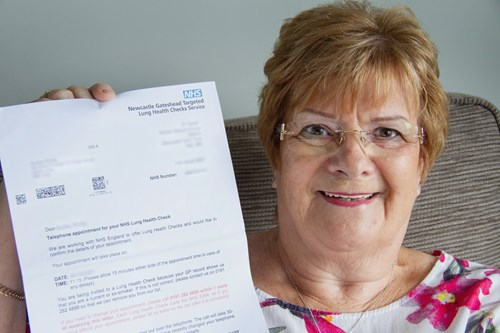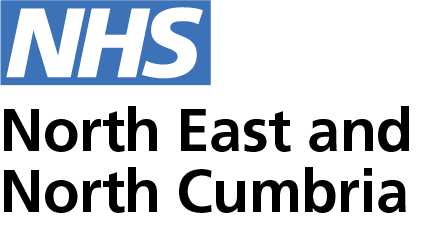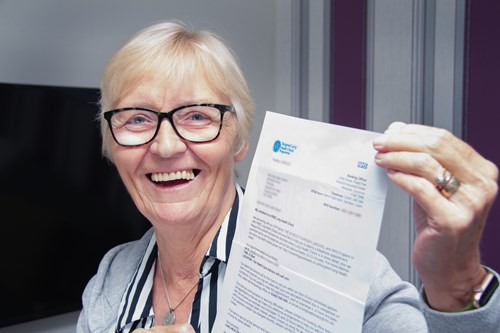Patients across Newcastle and Gateshead were invited on a practice-by-practice basis to take part in the NHS Lung Health Checks Programme.
Aimed at current or former smokers aged 55 to 74, the checks were delivered by specialist NHS staff working in mobile clinics. They were temporarily located in public areas to make them as accessible as possible. As well as talking through potential symptoms with dedicated lung nurses, patients were invited to take a spirometry (breathing test), and in some cases, undergo an on-the-spot CT scan.
The Lung Health Checks scheme is part of the NHS Long Term Plan. One of the plan’s objectives is to save 55,000 more people from cancer each year. Around £70 million of NHS funds will be directed into the pilot, which will take place in 10 areas across the country.
The North East has a high incidence of smoking, although the region has also seen the highest number of people quit the habit. Smoking costs the region a massive £613.8 million, and causes over 5,500 early deaths every year.
Across the country, the Targeted Lung Health Checks have the potential to reach around 600,000 people over four years, detecting approximately 3,400 cancers and saving hundreds of lives.
When it comes to lung health, spotting problems early can make a big difference in outcome. A recent study showed CT screening reduced lung cancer mortality by 26% in men and between 39% and 61% in women. The world’s largest screening trial took place in the US – the National Lung Screening Trial (NLST). It showed a 20% reduction in lung cancer deaths and a 6.7% reduction in deaths from any cause can be achieved by scanning people at risk of lung cancer each year.
Case study: Audrey Worby, Newcastle. Retired
How did you first hear about NHS lung health checks?
I received a letter from my GP about being offered an NHS lung health check. At first it seemed to be too good to be true and I ignored it. It was only after I was contacted by phone by a nurse from the lung health check team, that I decided to take up the offer.
Why did you decide to have an NHS lung health check?
I used to be a smoker, but I quit a few years ago. Even when I was smoking, I was aware of the risks of getting cancer, and through coverage on social media and on TV, I was aware there was still a risk even after I stopped smoking. So, I always had that nagging uncertainty about the damage I'd done.
Did you find having a lung health check easy?
The first part of the lung health check took place over the phone. The nurse was brilliant, she really put me at ease and the questions were really straightforward. The nurse asked about my family health history and my lifestyle, to check how at risk I was of developing cancer. I told the nurse that at times I get breathless, so she recommended that I have a CT scan for a more detailed check.
Having the CT scan was so easy. I was able to stay fully clothed and the actual scan only took a few minutes to do.
Did they find anything more serious?
The CT scan found an enlarged lymph node and I was referred to the hospital for more in-depth checks and to establish if it was cancerous. Thankfully, it wasn't and now I have the reassurance that my lungs are in good working order, and I can focus on spending quality time with my great nephew.


